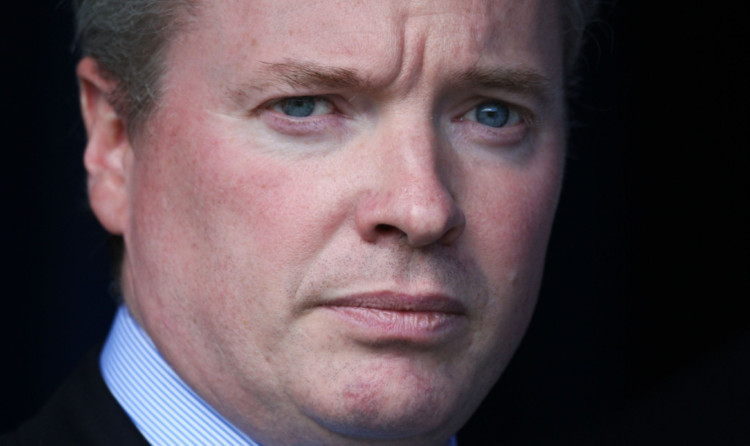Former Glasgow Rangers FC owner Craig Whyte has lost the latest round of a High Court fight with a ticket-buying firm and been likened to a character in a Charles Dickens’ novel.
Mr Whyte appealed after being ordered to pay more than £17 million to Ticketus earlier this year.
He asked Deputy High Court Judge David Halpern QC to overturn the ruling, made by a more junior judge, at a hearing in London.
But Judge Halpern has dismissed his appeal and suggested Mr Whyte had been over-optimistic like Wilkins Micawber, a character in Dickens’ 1850 novel David Copperfield.
Ticketus said Mr Whyte fraudulently or negligently made representations that induced the company to enter into agreements related to the sale or purchase of Rangers season tickets, and claimed damages.
Mr Whyte disputed the claim.
In April a High Court master ruled against Mr Whyte prior to a trial, after Ticketus argued he had “no real prospect” of mounting a successful defence.
The master ordered Mr Whyte to pay £17.6 million.
Lawyers for Mr Whyte appealed and argued the master’s decision to grant a “summary judgment” had been unfair.
They said the case should be allowed to go to trial and said Mr Whyte had a “realistic” defence.
Judge Halpern heard evidence and legal argument at the High Court in London in November.
In his ruling yesterday, Judge Halpern said the master was entitled to give “summary judgment”.
He said he would have reached the same conclusion.
